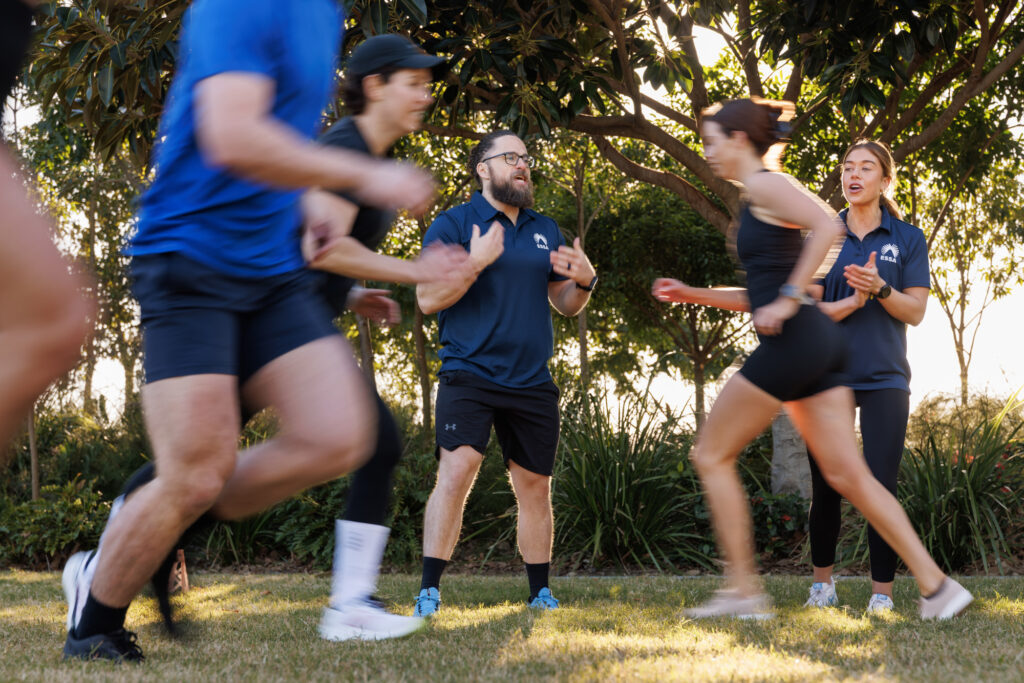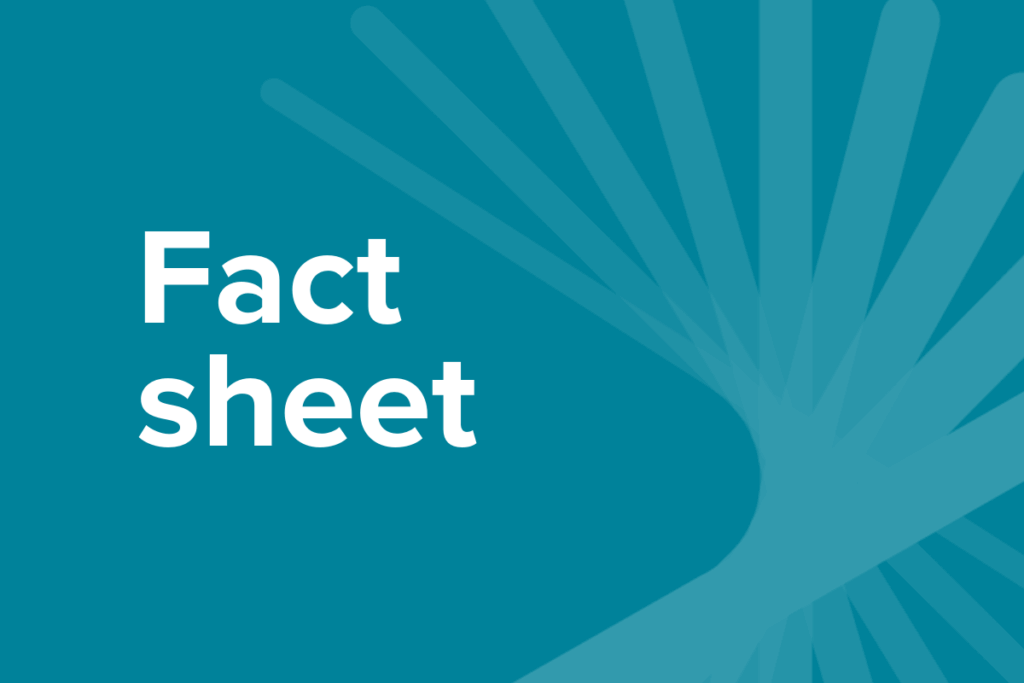Anxiety
Anxiety disorders are the most common mental health condition worldwide. People with anxiety disorders experience persistent fear or worry that may start as feeling nervous but gets worse over time. Anxiety disorders may significantly impact day-to-day activities such as school, work, or family activities and can lead to relationship or financial strain. Symptoms of anxiety include restlessness, fatigue, irritability, poor sleep, or avoidance of certain situations. Anxiety disorders often co-exist with mood disorders such as depression, or with physical health complaints such as heart disease or diabetes.
Home / Anxiety

How does exercise help with anxiety?
Although medication or psychological treatments are often successfully used to help people with anxiety disorders, regular physical activity or exercise provides many additional benefits such as:
- A lower risk of developing anxiety disorders in the future
- A reduction in symptom severity
- Augmented benefits of other treatments
- Improved cardiovascular fitness
What type of exercise is best for anxiety?
The optimal dose of exercise, based on the frequency, intensity, time, and type (FITT) principles has yet to be confirmed. Most studies have shown positive benefits from moderate intensity aerobic exercise, but resistance training may also offer benefits for some people with anxiety disorders.
In general, exercise programs should progress toward or meet the public health guidelines of 150 minutes of moderate-vigorous intensity exercise accumulated across all or most days of the week. However, some key considerations for exercise prescription for people with anxiety disorders are outlined below:
- To maximise engagement, exercise should be rewarding and enjoyable for the individual
- Consider the previous experience and personal preferences of the individual
- Use of a self-selected intensity, rather than a prescribed intensity may promote initiation and maintenance of exercise
- Seek advice from a health professional before commencing an exercise program to ensure the choices are right for you


How do I get started?
Talk to your GP or other treating specialist about an exercise program that suits your personal preferences and circumstances.
Alternatively, Accredited Exercise Physiologists, who are university-trained health professionals with expertise in the design and delivery of lifestyle interventions for people with chronic and complex conditions including anxiety, will be able to create an individualised exercise program that suits your needs.
You may be able to claim a rebate from your health insurer for services provided by an Accredited Exercise Physiologist, or through Medicare if referred by your GP under a special referral plan.
Frequently asked questions
What is an Accredited Exercise Physiologist (AEP)?
An Accredited Exercise Physiologist (AEP) is an allied health professional that prescribes individualised exercise therapy to help people manage their chronic conditions, disabilities, long-term injuries and so much more. They are the most qualified professionals in Australia when it comes to the prescription safe and effective of exercise therapy.
Who should see an AEP?
Anyone who wants to move safely and improve their health can benefit. From chronic conditions to injury recovery, or simply wanting advice on how to exercise right, an exercise physiologist is the expert to see.
Is an AEP covered by Medicare or private health insurance?
Yes. As allied health professionals, exercise physiology services are recognised in government health funding including Medicare, National Disability Insurance Scheme (NDIS) and Department of Veteran’s Affairs (DVA), workers’ compensation and private health insurers. It’s important that you check with your provider as coverage can vary.
Where can I find an AEP?
Use recognised directories like Exercise & Sports Science Australia (ESSA), ask your GP or look for allied health clinics with AEP credentials.

